The children’s collection was over on the right-hand side of the building in this photo, and the newspapers and periodicals were on the left. The Blue Earth County History Collection was down in the basement along with some newspaper archives.
The children’s side had a nice display of the Maud Hart Lovelace Betsy/Tacy/Tibb books. I read some of those books in third grade or so, and the children’s room had a big map of Mankato (“Deep Valley” in the books) in the Betsy/Tacy world and I thought that was pretty cool, and time I the spent trying to figure out the relationship of Mankato past and present is something I still do whatever place I happen to be at whatever time I’m in.
I didn’t much care for children’s books, though. The only one I actually remember was about a kid who built a soap box derby car (does the soap box derby even exist anymore?) and took it to Toledo for the big race and won against all odds, ho-hum.
I moved to adult books and history at a pretty young age. It seemed like children’s books were written to offer lessons or inspire and I didn’t like lessons and I was not inspired. Now, adult books—the things that happened in those books were inspirational! Drinking whiskey and driving in cars and blowing things up and doing sex (though that remained kind of mysterious). These were positive life goals—even for a fourth grader!
The big gift of the library—of books in general, and of my mother, who introduced me to reading and encouraged me to read—was its ability to take an often-unhappy kid anywhere. Everywhere. There was definitely an escape aspect to reading. I could get out of Mankato, or West Virginia, or wherever I happened to be, and be someplace—better. But reading also offered a window into the complicated and mysterious world I’d somehow found myself in. I guess reading offered an—education? A way of understanding my situation, and a context for what I saw around me. A way to cope.
Go read something.

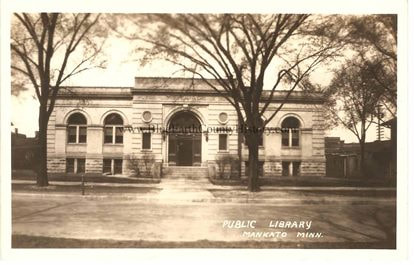
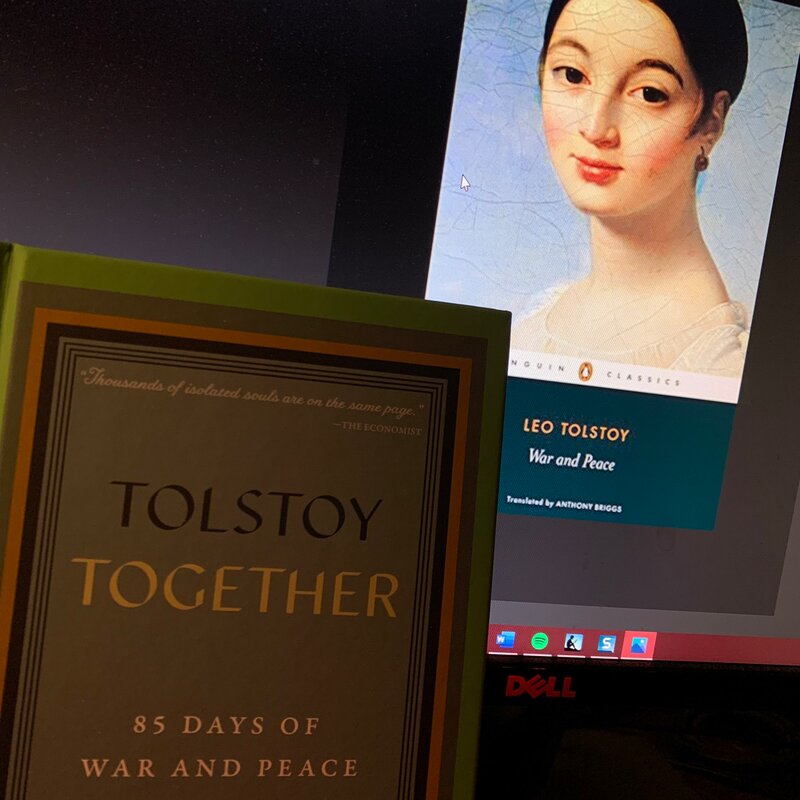
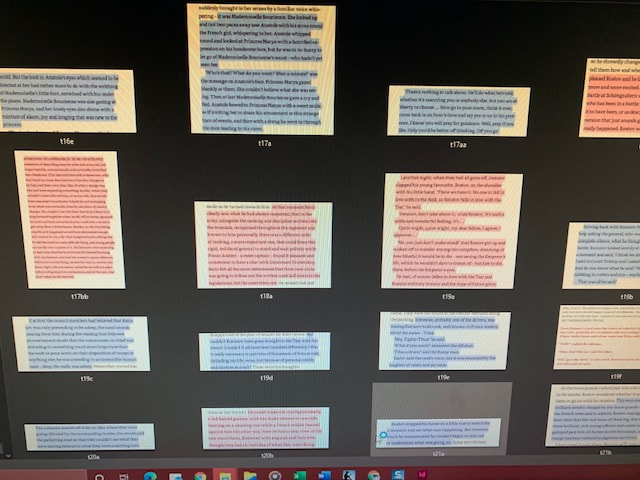
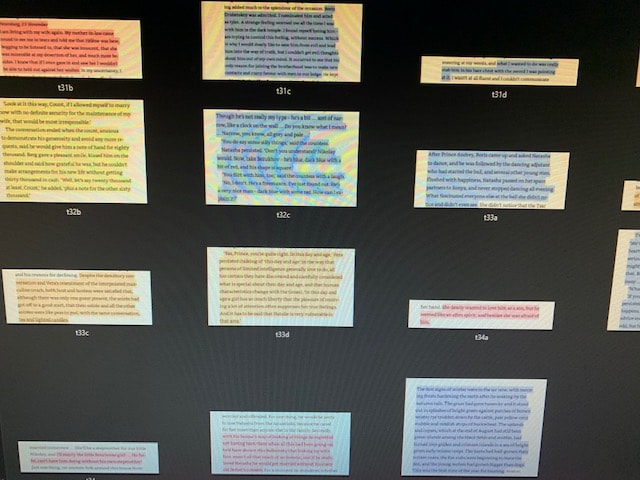
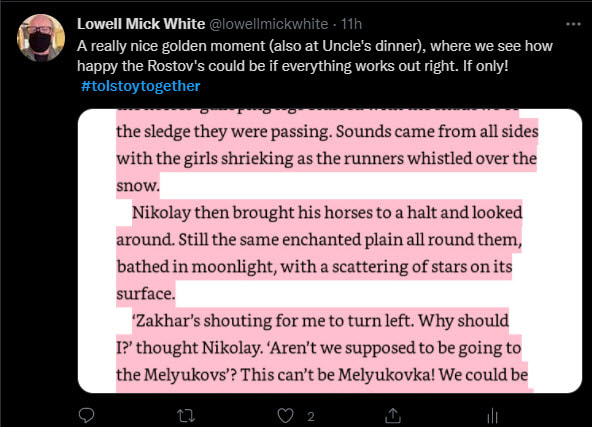
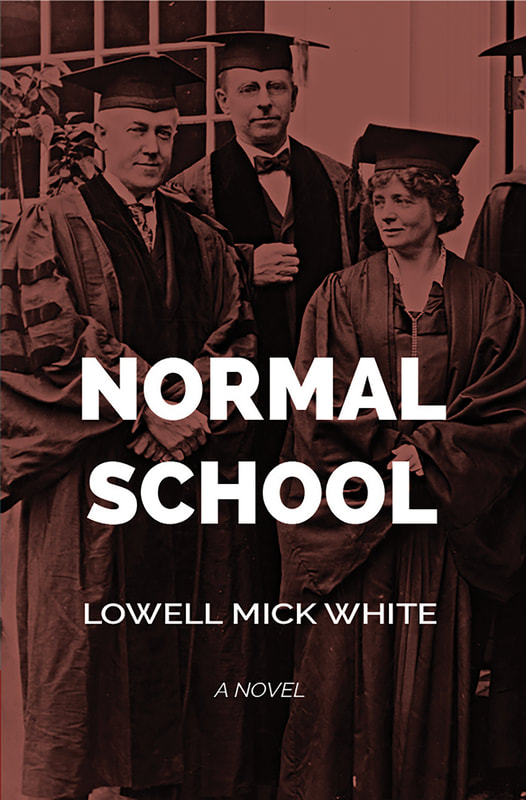
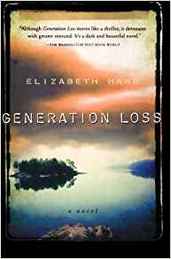
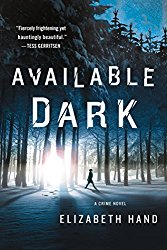
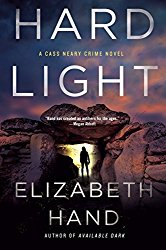
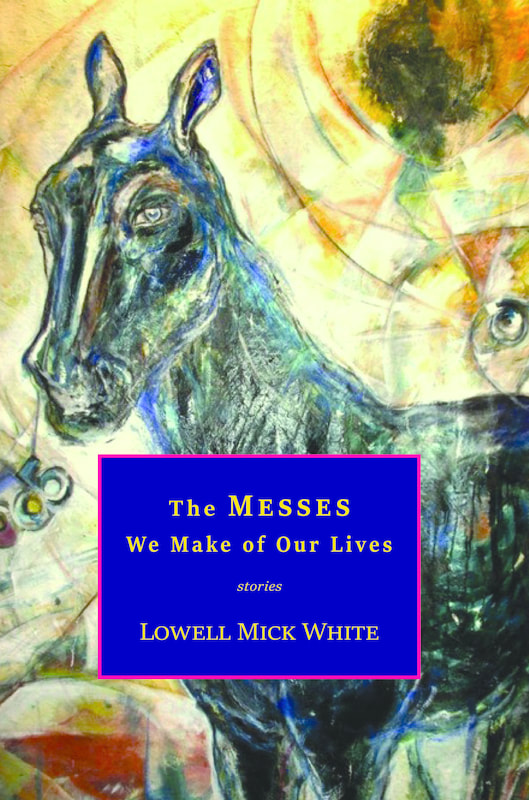
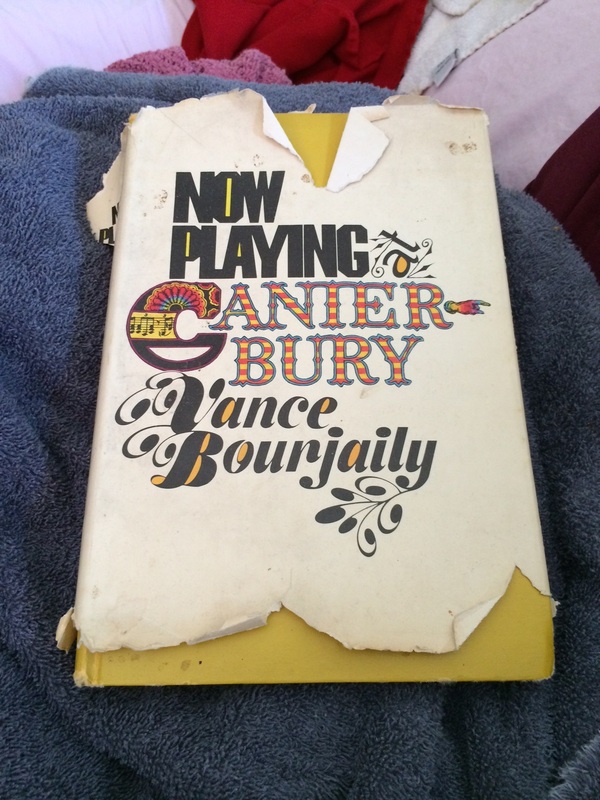
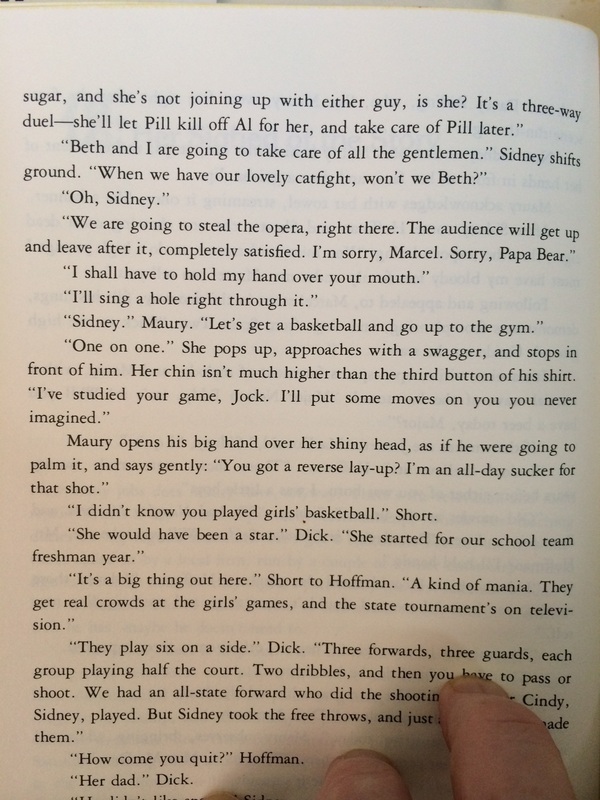
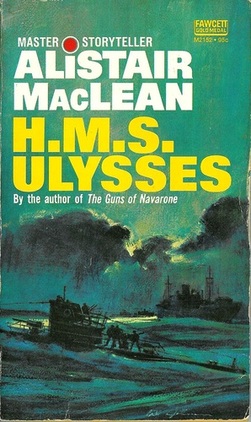
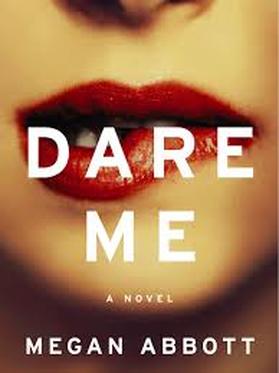
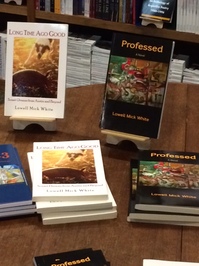
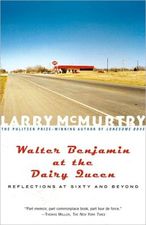
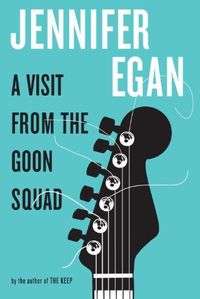
 RSS Feed
RSS Feed
